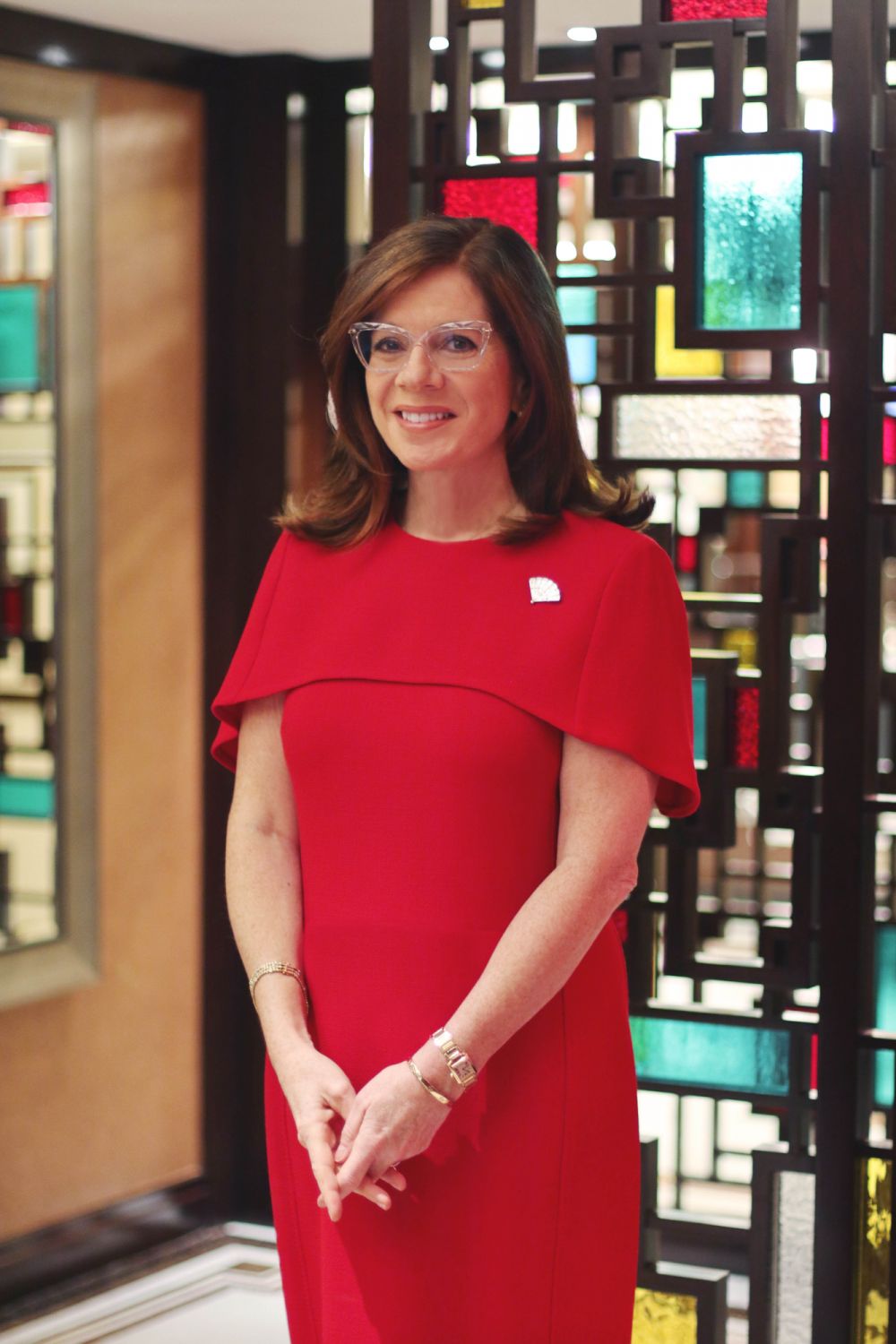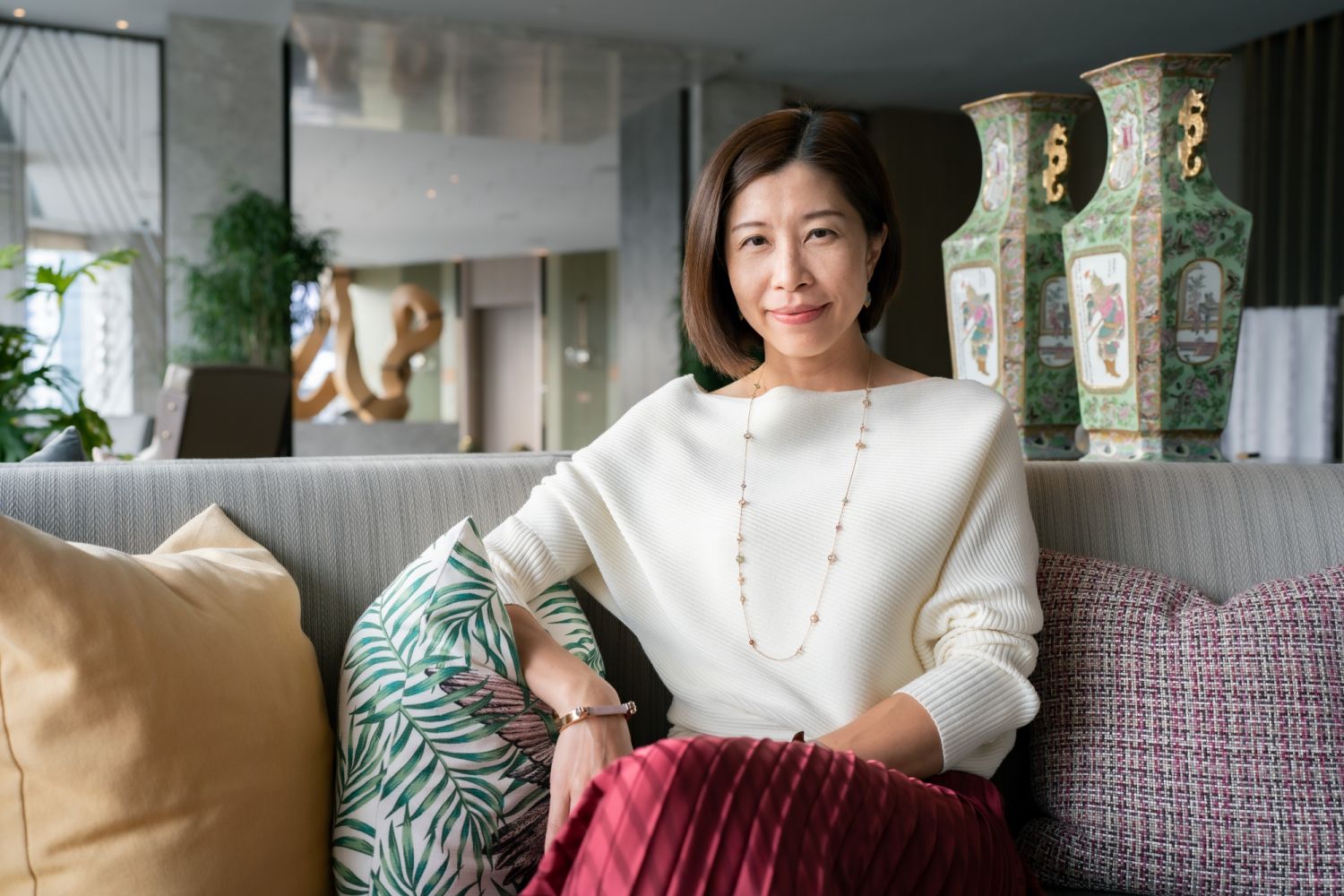Women, more than ever, are taking top jobs in Hong Kong’s hospitality industry. But why are they still yet to catch up in the traditionally male-dominated career?
Tourism experts and local female hotel general managers reveal how Hong Kong's hospitality industry has come so far from being dominated by men and why it is a bright career path for women.
Amanda Hyndman became the general manager (GM) at the Mandarin Oriental, Hong Kong last December, the first woman to do so in the brand’s 59 years of history. She still remembers the first time she took on a GM role: “There was a rather upset guest in the lobby demanding to see the GM. I asked, ‘How can I help you?’,” Hyndman recalls. Instead of telling her the problem, he looked at her and repeated, “I want to see the GM.”
Don't miss: Hong Kong Gallery Launches Asia’s First Female-Driven NFT Art Exhibition in the Metaverse








